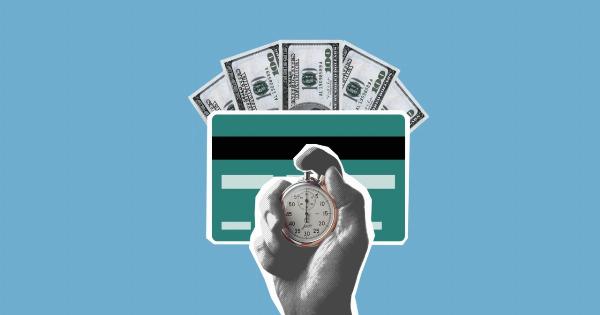Secrets play a significant role in our lives, whether they are personal, social, or even political. They have the power to shape relationships, create intrigue, or lead to devastating consequences if revealed.
But when faced with an unspoken secret, should we disclose it or keep it silent? This dilemma is one that many individuals grapple with, torn between the desire for transparency and the fear of potential fallout.
The Weight of Secrets
It is often said that secrets weigh heavily on the shoulders of those who keep them. The burden of withholding information can cause stress, anxiety, and guilt, leading to emotional turmoil and even physical ailments.
Secrets have the capability to erode trust and strain relationships, leaving individuals feeling isolated and disconnected.
On the other hand, some secrets are kept with good intentions – to protect loved ones, preserve harmony, or shield vulnerable individuals from harm.
Society has long recognized the need for confidentiality in certain professions, such as doctors, therapists, and lawyers, where secrets are shared in confidence to ensure the well-being of those involved. In these cases, the act of keeping a secret is seen as ethical and necessary.
The Desire for Transparency
We live in an age of increasing transparency and openness, where sharing personal experiences, thoughts, and emotions has become the norm.
Social media platforms and online blogs invite individuals to divulge their deepest secrets, often in pursuit of connection, support, or validation. The desire for transparency has gained momentum as individuals yearn for a sense of authenticity and accountability in their relationships.
Disclosing a secret can also bring relief and liberation to the one holding it. It allows for vulnerability and fosters a deeper understanding between individuals.
By sharing a secret, individuals may find solace and support, as well as the opportunity to work through or resolve the issue at hand.
The Potential Fallout
While disclosing a secret can lead to positive outcomes, there is always the risk of unforeseen consequences. Secrets kept for a reason – be it to protect oneself or someone else – may have valid justifications.
Revealing such secrets may result in irreparable damage to relationships, reputations, or even personal safety.
Furthermore, some secrets are better left unspoken to respect the privacy and autonomy of others.
In certain situations, such as confidential conversations or entrusted responsibilities, individuals may be obligated to keep secrets as a matter of professional or personal integrity.
Considerations for Disclosing
Deciding whether to disclose an unspoken secret requires careful thought and consideration. Here are some factors to ponder:.
1. The Impact on Others
Consider how revealing the secret might affect the individuals involved. Will it provide them with closure, or will it unnecessarily burden them with information that may disrupt their lives?.
2. Your Motivations
Examine why you feel compelled to disclose the secret. Are your intentions rooted in genuine concern, or are they driven by ulterior motives?.
3. Legal and Ethical Considerations
Ensure that disclosing the secret does not violate any legal or ethical obligations. Sometimes, the right thing to do may prioritize the greater good over individual desires.
4. Professional Responsibilities
If the secret is entrusted to you in a professional capacity, consider whether it is within your duty to maintain confidentiality. Breaching professional ethics can have severe consequences.
Benefits of Keeping Secrets
Keeping a secret can have its advantages, too. Secrets can protect relationships, preserve trust, and maintain peace within families or communities.
They allow individuals to choose when and how to share sensitive information, respecting their own boundaries and those of others. Secrets also offer the opportunity for personal growth and self-discovery, as inner thoughts and experiences are kept private for reflection.
Moreover, secrets can be a source of intrigue and excitement. They add layers of complexity to narratives, sparking curiosity and captivating the imagination.
Unspoken secrets often fuel creative works, such as novels, movies, and plays, captivating audiences and exploring the depths of the human psyche.
The Fine Line Between Disclosure and Silence
Navigating the decision to disclose or keep a secret is not always clear-cut. It requires thoughtful introspection, empathy, and an understanding of the potential consequences.
While transparency and openness can foster trust and intimacy, the importance of confidentiality and personal boundaries should not be overlooked.
Ultimately, the choice to reveal or keep a secret lies with the individual, guided by their own values, moral compass, and consideration for others. Balancing the desire for transparency with the potential fallout requires wisdom and discernment.
The Power of Secrets
Secrets hold immense power – they can bind individuals together or tear them apart. The decision to disclose or keep silence should be made thoughtfully, considering the impacts on relationships, ethical responsibilities, and personal well-being.
Secrets, whether revealed or hidden, shape our lives and the lives of those around us. Understanding their weight and significance is crucial in navigating the complex web of human interactions.































